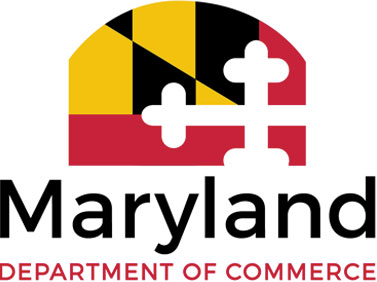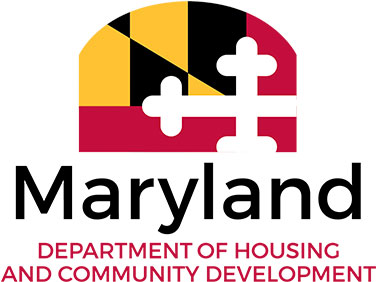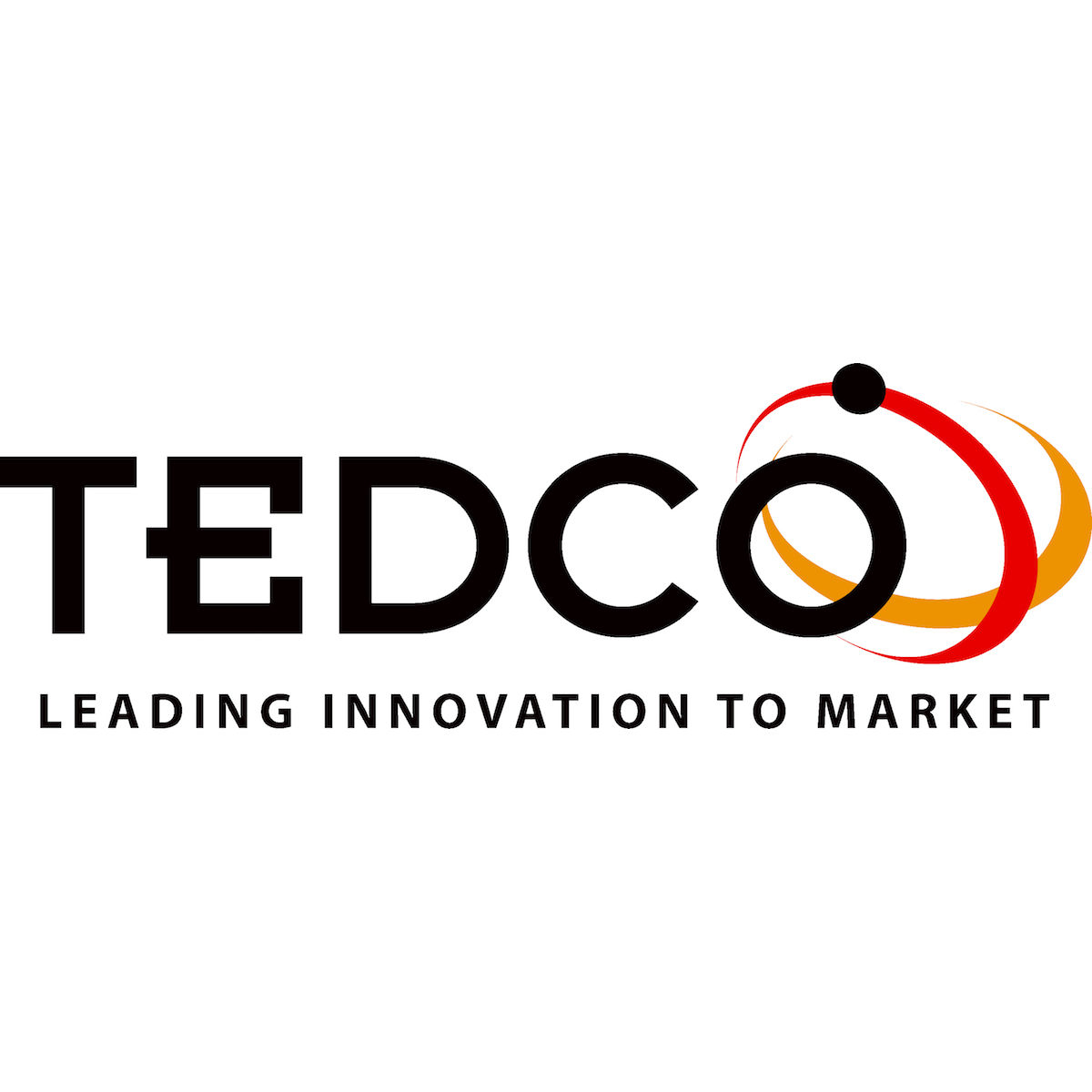COLUMBIA, Md. (December 24, 2019)—The Maryland Technology Development Corporation (TEDCO) and the U.S. Department of Commerce’s National Institute of Standards and Technology (NIST) announced that four companies were awarded a total of $448,000 through the NIST Science and Technology Entrepreneurship Program (N-STEP). Each company was awarded $112,000 to develop its NIST-licensed technology for commercial market applications and to grow its business.
“The N-STEP grants catalyze the growth of new companies, delivering products and services based on technologies invented at NIST,” said Walter G. Copan, Under Secretary of Commerce for Standards and Technology and NIST Director. “By encouraging talented, entrepreneurial researchers and business leaders, this program is an important part of the NIST innovation pipeline, transitioning exciting new technologies into benefits for the American economy and people.”
N-STEP is a collaborative effort between TEDCO and NIST, focused on the commercialization of NIST research. It provides opportunities for researchers previously employed by NIST or who are nearing the end of term employment, who may be interested in forming companies to independently pursue technologies that can be commercialized as products or services to benefit the public. The program makes grants to these companies to move technologies further along the commercialization pathway, increase the company’s value, and lead to follow-on investment and job creation. To date, 10 companies have received N-STEP awards.
“NIST and TEDCO designed N-STEP to facilitate the creation of startup companies with NIST technologies by NIST researchers that desire to become entrepreneurs. A key element is that the initial seed funding provides resources to further develop the technology and provides business mentoring and support,” said Ron Kaese, Director of Federal Programs at TEDCO. “For each NIST technology that is commercialized by a NIST launched company, an innovative technology is brought into the economy to build a sustainable company creating well paying, high-tech jobs.”
The four most recent awardees are:
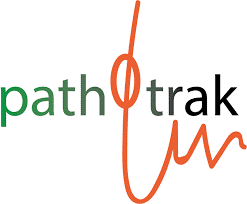 PathOtrak, LLC, of Bethesda, Maryland, is developing a technology that reduces the detection time of Salmonella in food from 24 to 36 hours down to 4 hours. This will help food manufacturers save money in warehousing and refrigeration, but more importantly, reduce recalls and avoid outbreaks of foodborne disease. Foodborne pathogenic bacteria inflict great losses in health and the economy. The Centers for Disease Control and Prevention’s most recent estimate for the cost of foodborne illness in the United States is more than $15.6 billion annually.
PathOtrak, LLC, of Bethesda, Maryland, is developing a technology that reduces the detection time of Salmonella in food from 24 to 36 hours down to 4 hours. This will help food manufacturers save money in warehousing and refrigeration, but more importantly, reduce recalls and avoid outbreaks of foodborne disease. Foodborne pathogenic bacteria inflict great losses in health and the economy. The Centers for Disease Control and Prevention’s most recent estimate for the cost of foodborne illness in the United States is more than $15.6 billion annually.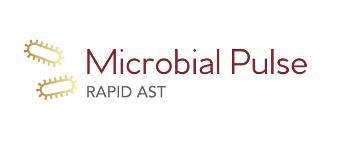 Microbial Pulse Diagnostics, LLC, of Golden, Colorado, is developing and deploying an innovative NIST technology for the rapid measurement of antimicrobial susceptibility. This technology “takes the pulse” of bacterial cells, sensing changes in their metabolism, motility, and growth after exposure to an effective antibiotic. Microbial Pulse Diagnostics seeks to build the first deployable prototype to perform on-site testing of urinary tract infection samples at partner clinical laboratories. The delivery of rapid antimicrobial susceptibility testing will potentially save tens of thousands of lives and billions of dollars in the U.S. each year.
Microbial Pulse Diagnostics, LLC, of Golden, Colorado, is developing and deploying an innovative NIST technology for the rapid measurement of antimicrobial susceptibility. This technology “takes the pulse” of bacterial cells, sensing changes in their metabolism, motility, and growth after exposure to an effective antibiotic. Microbial Pulse Diagnostics seeks to build the first deployable prototype to perform on-site testing of urinary tract infection samples at partner clinical laboratories. The delivery of rapid antimicrobial susceptibility testing will potentially save tens of thousands of lives and billions of dollars in the U.S. each year.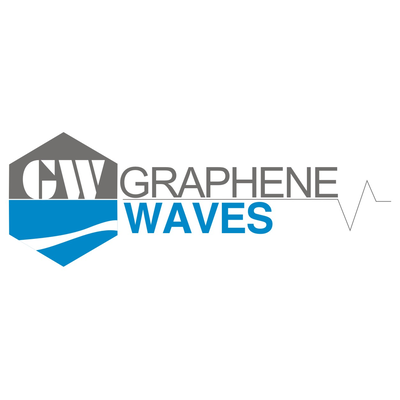 Graphene Waves, LLC, located in Gaithersburg, Maryland, is working to commercialize graphene technologies developed at NIST for the measurement and research markets. Graphene Waves can produce single crystalline, high-quality graphene as large as its substrate that is ready for fabrication without transfer. This leads to an economical graphene quantum Hall resistance (QHR) standard that can be operated in a cryogen-free system, saving enormous expenses. The company is also developing a rapid process for the characterization of large-area graphene and a synthesis method that significantly reduces the cost for multilayer-free epitaxial graphene. These technologies will substantially reduce the calibration traceability chain and provide an affordable QHR standard with high accuracy to a wide range of industrial end-users. It will also provide a variety of attractive graphene products for research markets and applications such as high-performance electronics, photonics, and sensors.
Graphene Waves, LLC, located in Gaithersburg, Maryland, is working to commercialize graphene technologies developed at NIST for the measurement and research markets. Graphene Waves can produce single crystalline, high-quality graphene as large as its substrate that is ready for fabrication without transfer. This leads to an economical graphene quantum Hall resistance (QHR) standard that can be operated in a cryogen-free system, saving enormous expenses. The company is also developing a rapid process for the characterization of large-area graphene and a synthesis method that significantly reduces the cost for multilayer-free epitaxial graphene. These technologies will substantially reduce the calibration traceability chain and provide an affordable QHR standard with high accuracy to a wide range of industrial end-users. It will also provide a variety of attractive graphene products for research markets and applications such as high-performance electronics, photonics, and sensors.- Parman Tech, LLC, in Gaithersburg, Maryland, was formed for the sole purpose of commercializing a NIST-owned technology. This N-STEP award is the first step in Parman Tech’s aspiration to become a manufacturer within Maryland. Parman Tech is creating a new laser technology to aid the development and manufacture of biologic pharmaceuticals. Precise, microscopically shaped laser light will replace mechanical filters and other old, coarse technologies used in the detection and analysis of particle contaminants. Improved detection and analysis of sub-visible particles will make biologics safer and more effective in the treatment of some of the most difficult human diseases.
To read N-STEP general guidelines and request an application, visit the TEDCO website. NIST researchers interested in applying for the fund may contact Ronald Kaese, Program Manager, by phone at 410-715-4170 or by email at rkaese@tedco.md. N-STEP awards may not be made to a company owned and/or managed by any person who is a federal employee at the time of the award.
